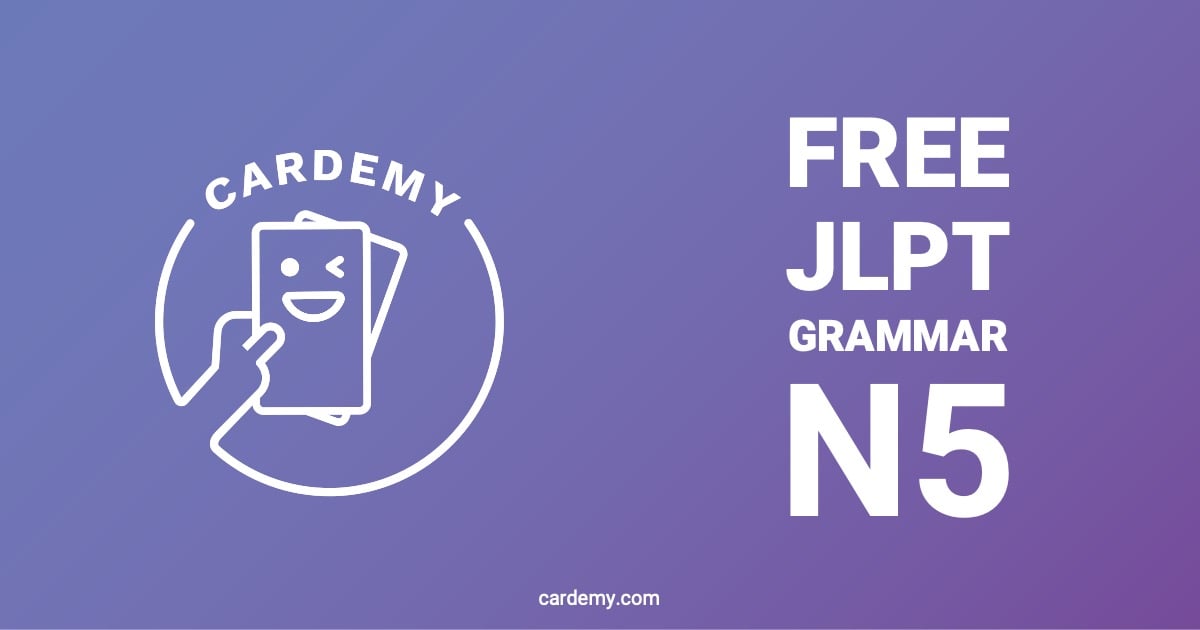「だ」is a copula denoting a state of being, which is put at the end of the sentence. 「だ」 is used with a noun or na−adjective only. 「だ」is used in a sentence of familiar register.
Expressing the nature of a thing with 「だ」
Add 「だ」 to nouns or na-adjectives
(1) 犬。It is a dog.
(2) 犬だ。 It is a dog.
A sentence without 「だ」 like(1) also indicates "It is a dog". The difference between (1)and (2) is the tone. The sentence with「 だ」 is more affirmative.
Add 「だ」 to nouns or na-adjectives
(1) 犬。It is a dog.
(2) 犬だ。 It is a dog.
A sentence without 「だ」 like(1) also indicates "It is a dog". The difference between (1)and (2) is the tone. The sentence with「 だ」 is more affirmative.
彼は日本人。
He is Japanese
彼は日本人だ。
He is Japanese (the speaker is sure that he is Japanese.)
As the sentence with「だ」has a stronger tone, in a conversation we often add 「ね」or「よ」just after「だ」to soften the tone.
彼は 日本人だよ。
彼は 日本人だね。
彼は 日本人だね。
We often use 「だ」when we have discovered something or someone.
How to conjugate to the negative form?
Rules for conjugating the state of being in the past tense.
To use the negative form, simply add 「じゃない」 to nouns or adjectives in na.
日本人 → 日本人じゃない
This is not a Japanese person.
To use the negative form, simply add 「じゃない」 to nouns or adjectives in na.
日本人 → 日本人じゃない
This is not a Japanese person.
犬じゃない。
It is not a dog.
学生じゃない。
This is not a student.
How to conjugate to the past form?
Conjugation rules for the past tense state of being.
To use the affirmative past form, 「だった」 is added to nouns or na-adjectives.
学生 → 学生だった He was a student.
静か → 静かだった It was quiet.
To use the negative past form, we remove 「い」 from 「じゃない」and we add 「かった」.
学生 → 学生じゃない → 学生じゃなかった He was not a student.
静か → 静かじゃない → 静かじゃなかった It wasn't quiet.
To use the affirmative past form, 「だった」 is added to nouns or na-adjectives.
学生 → 学生だった He was a student.
静か → 静かだった It was quiet.
To use the negative past form, we remove 「い」 from 「じゃない」and we add 「かった」.
学生 → 学生じゃない → 学生じゃなかった He was not a student.
静か → 静かじゃない → 静かじゃなかった It wasn't quiet.
犬だった。
It was a dog.
犬じゃなかった。
It was not a dog.
有名だった。
It was known.
Summary
|
Tense
|
Affirmative
|
Negative
|
|---|---|---|
|
Not past (present / future)
|
学生(だ)- He is a student
|
学生だった - He was a student
|
|
Past
|
学生じゃない - He is not a student
|
学生じゃなかった - He was not a student
|
Exercices
1 - Conjugate with the following words in declarative (present), negative, past, and past negative forms.
学生
Not past (present / future)
Answer →
学生だ
Translation →
Is a student.
past
Answer →
学生だった
Translation →
Was a student.
negative
Answer →
学生じゃない
Translation →
Is not a student.
past negative
Answer →
学生じゃなかった
Translation →
Was not a student.
友達
non-past
Answer →
友達だ
Translation →
This is a friend.
non-past negative
Answer →
友達じゃない
Translation →
Is not a friend.
past
Answer →
友達だった
Translation →
Was a friend.
past negative
Answer →
友達じゃなかった
Translation →
Was not a friend.
彼女
non-past
Answer →
彼女だ
Translation →
It is her.
non-past negative
Answer →
彼女じゃない
Translation →
This is not her.
past
Answer →
彼女だった
Translation →
It was her.
past negative
Answer →
彼女じゃなかった
Translation →
It was not her.
彼
non-past
Answer →
彼だ
Translation →
It is him.
non-past negative
Answer →
彼じゃない
Translation →
It is not him.
past
Answer →
彼だった
Translation →
It was him.
past negative
Answer →
彼じゃなかった
Translation →
it was not him.




Leave Comment